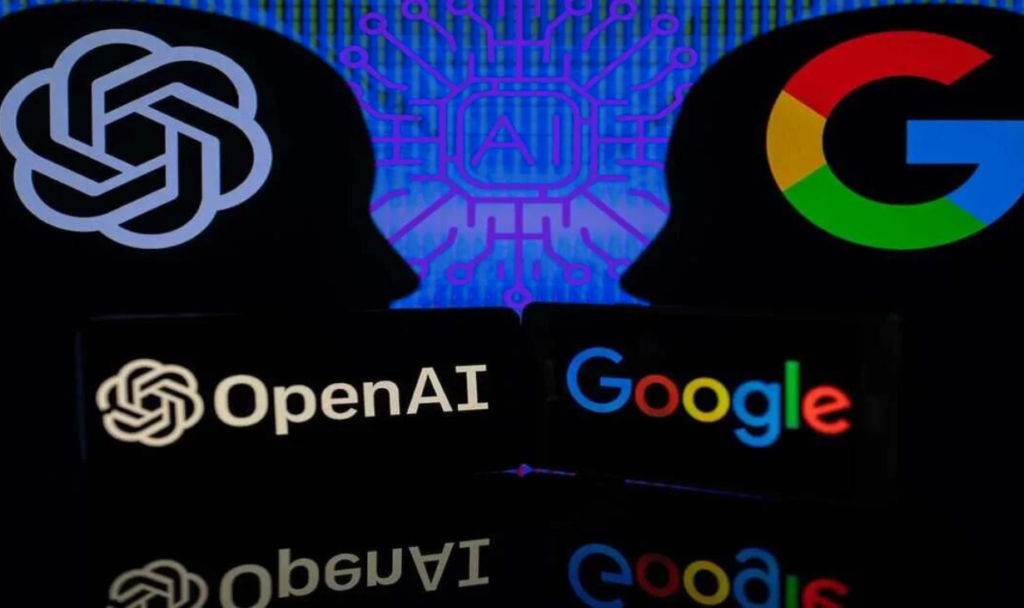In the ever-evolving landscape of technology, OpenAI has consistently remained at the forefront of innovation. From groundbreaking language models to AI-powered solutions, the company has continually pushed the boundaries of what’s possible. Now, with its sights set on revolutionizing yet another aspect of the digital world, OpenAI is gearing up to launch its own search engine, poised to rival the likes of Google.
But what sets OpenAI’s search engine apart from the established players in the field, particularly Google? For starters, it’s the underlying technology. OpenAI’s search engine will be powered by advanced AI algorithms, capable of understanding complex queries and context in a way that traditional search engines cannot. This means users can expect more precise search results tailored to their specific needs, leading to a more efficient and satisfying search experience.
Furthermore, OpenAI‘s search engine will prioritize privacy and transparency. In an era where concerns over data privacy are at an all-time high, OpenAI is committed to putting users in control of their data. Unlike some of its competitors, OpenAI will not track or store personal information from search queries, ensuring user privacy is safeguarded at all times. Additionally, the company will provide full transparency into its algorithms, allowing users to understand how search results are generated and ranked.

But perhaps the most exciting aspect of OpenAI’s search engine is its potential to democratize access to information. By harnessing the power of AI, OpenAI aims to break down language barriers and provide access to knowledge regardless of language or literacy level. This means users from diverse backgrounds and regions will be able to benefit from the wealth of information available on the internet, opening up new opportunities for learning, discovery, and innovation.
Of course, launching a search engine to compete with Google is no small feat. Google has long been synonymous with internet search, boasting a vast index of web pages and a sophisticated ranking algorithm that has been refined over decades. However, OpenAI is undeterred by the challenge and believes its unique approach to search will resonate with users seeking a more intelligent and privacy-conscious alternative.
In preparation for the launch of its search engine, OpenAI has been investing heavily in research and development. The company has assembled a team of top AI researchers and engineers dedicated to building a search engine that meets the highest standards of performance, reliability, and scalability. Leveraging the latest advancements in deep learning and natural language processing, OpenAI is confident in its ability to deliver a search experience that surpasses existing solutions.
Moreover, OpenAI is actively collaborating with experts in various domains to ensure its search engine caters to the diverse needs of users. Whether it’s academics, scientists, entrepreneurs, or everyday individuals, OpenAI is committed to building a search engine that empowers users to find the information they need quickly and accurately.
As the launch of OpenAI’s search engine draws nearer, anticipation is building within the tech community and beyond. With its track record of innovation and a clear vision for the future of AI-powered search, OpenAI is poised to disrupt the status quo and usher in a new era of search technology. Whether it’s finding answers to complex questions, exploring new ideas, or connecting with others around the world, OpenAI’s search engine promises to be a game-changer in the world of information retrieval.
In conclusion, OpenAI’s preparations to launch a search engine to rival Google mark an exciting milestone in the company’s journey of innovation. By leveraging the power of AI and prioritizing privacy, transparency, and accessibility, OpenAI aims to redefine the search experience for users worldwide. With its unwavering commitment to excellence and a bold vision for the future, OpenAI is poised to make waves in the world of internet search, setting the stage for a new era of discovery and knowledge sharing.



